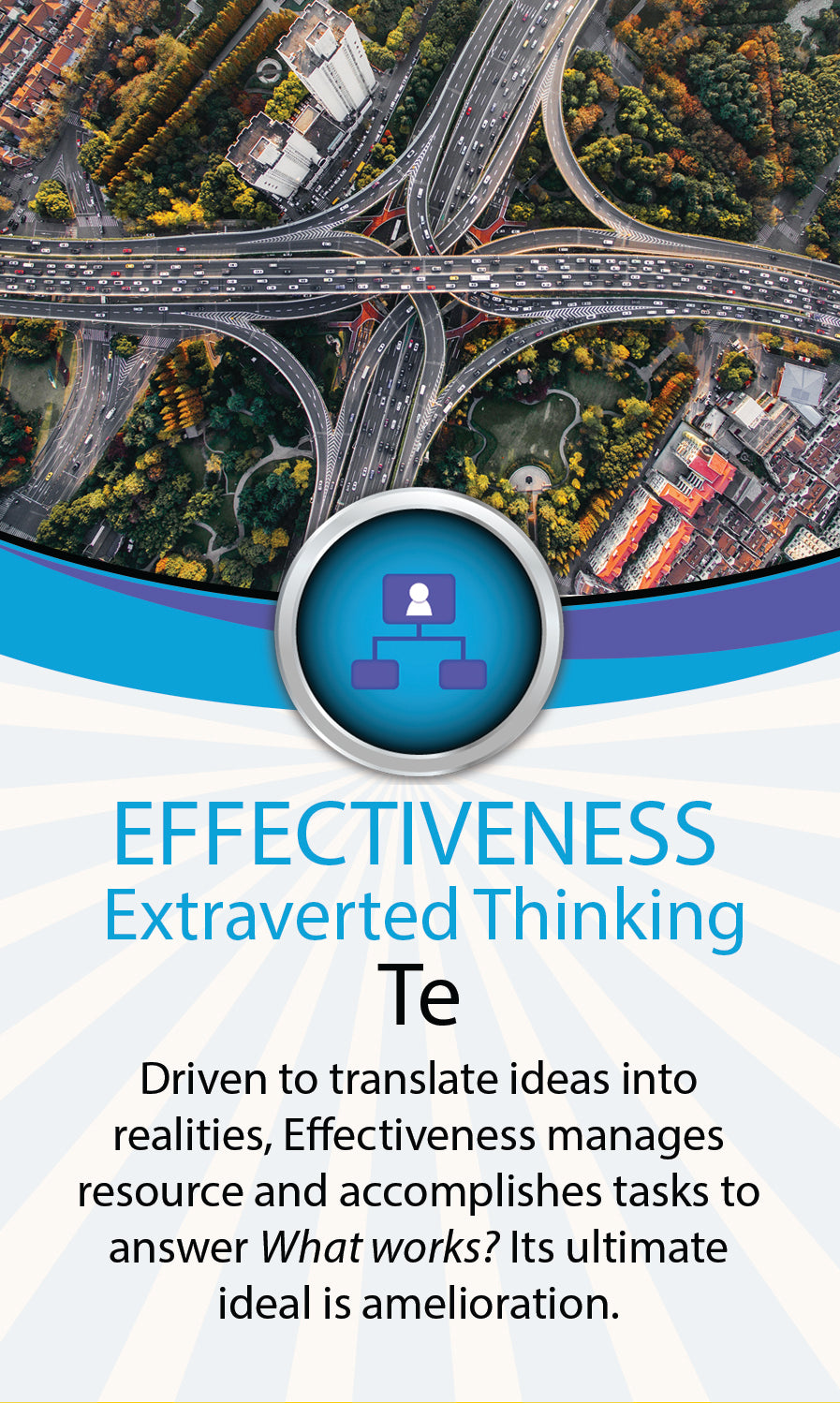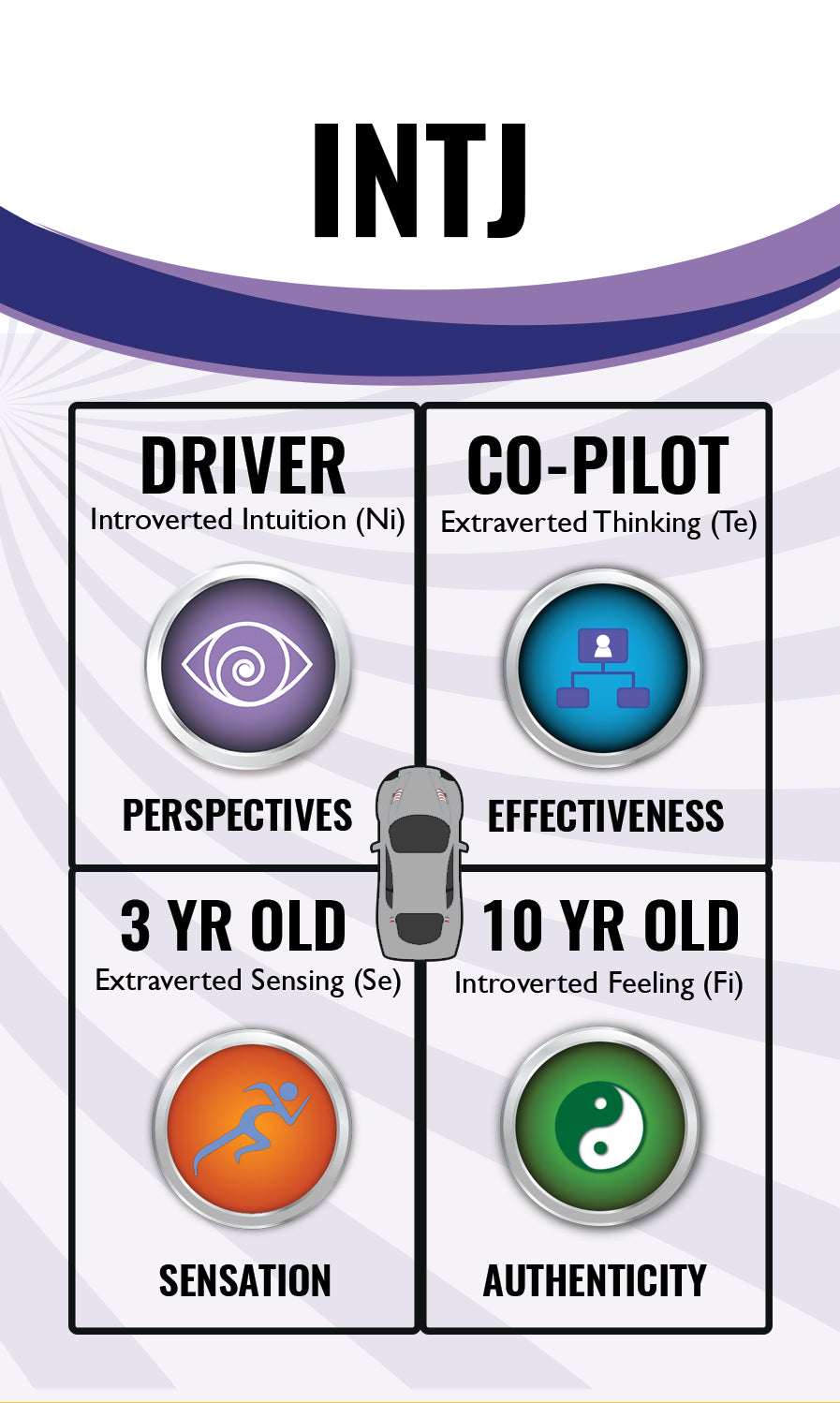INTx Preview Interview #3 - Kathryn (INTJ)
» Enroll In INTx Unleashed
READ THE TRANSCRIPT FROM THIS RECORDING
JOEL MARK WITT: Hey, welcome back to the short series about the INTx Unleashed program. I’m Joel Mark Witt.
ANTONIA DODGE: And I’m Antonia Dodge.
JOEL MARK WITT: First of all, we’ve had two previous recordings before this one. You haven’t heard them yet, you might want to go back and listen to them. We’ve talked with an INTJ, Brent, about the chaos he saw in the world and some of the challenges … We just took a slice of some of the challenges he saw as an INTJ, and gave you a little snippet from his interview, and then we went over to AJ, and we saw a little bit from an INTP’s perspective, some of the challenges he has in relationships and some of the stuff that comes up in romantic relationships in particular. That was just a little slice. Again, these are full interviews we just took a little snippet from and talked about in the last few sessions.
In this session we’re going to highlight Kathryn Lively. She talks about a solution she has implemented, or attempted to implement, so we’re going to start getting into some of the things that haven’t worked for INTs, and in this case an INTJ in particular. And this is talking about roles, taking on different roles.
Now, before we get to that, let’s talk a little bit about the program in a general sense, then we’ll go into that interview.
ANTONIA DODGE: Yeah, if you haven’t heard the previous two recordings, INTx Unleashed is a series of interviews with INTJs and INTPs, and the highlights that we record as a response to them, all the “A-ha!”s that we pulled out of these interviews. So there’s a series of interviews, and a series of sessions of Joel and I ruminating on those interviews and pulling out what we believed were the highest leverage points of all of them. We’re using Maslow’s hierarchy of needs as a guide for helping you diagnose where you’re at in your personal development process, and no matter where you’re at, whether you’re at the very bottom in survival – there’s people who talk about a fear of extinction – all the way up to ego transcendence and self-actualization, and everything in between. So no matter where you’re at in your growth process you’re going to find something meaty that will address your personal challenge in that hierarchy of needs.
JOEL MARK WITT: Let’s get into Kathryn’s quick snippet from her interview, and then we’ll talk about it right afterward.
KATHRYN LIVELY: One of the biggest issues that I had to overcome is that I had to realize that I am not my role. And what I mean by that is that if you look at the classic INTJ profession, it’s, what? It’s a professor, or a social analyst, right? I’m right there. And I thought I was that role for a long time, that that’s who I was. I had to be willing to set down … And I love that role. I worked hard for it. I invested, I don’t know, thirty years of my life, three decades, becoming that role, and I was overly identified with it. So in sociology we call it Role-Person Merger, and so what that means is that I had a range of behaviors that was consistent with being a professor. And as I began to work on self-development, and developing more spiritual practice, as I began to be introduced to other people who were on different roads, who were not academics but who were super smart and very very wise in the ways of the world, I had to learn to set that role down sometimes, and try to figure out who I was absent of that role.
Because roles are basically … They put constraints on your behaviors and your emotions and the way you are in the world. And so I think the importance of being able to step outside of that role and realize “Who am I outside of these social constructs?” Of being an entrepreneur, or being a mother, or being a professor, or being a daughter, who am I? Strip all that social stuff and all of these expectations that I have put on myself and that I think other people have of me, then who am I at the end of that? In the process, I decided that I wanted to be a person who could experience love.
JOEL MARK WITT: So in this interview, or this clip of this interview, we see Kathryn taking a stab at figuring out how to move through the world in her life, and it was basically taking on roles, taking on this role of being a professor, and, like she said, all the things that come with being a professor and having that role defined for you.
ANTONIA DODGE: Now that makes sense as an INTJ. And we talked about Brent’s inner view, where he mentioned that everything’s chaotic. So it makes sense that your natural wiring would encourage you to choose something that is orderly, like a template. The template of a role, the role of a professor. I can do that. But she mentions that somewhere along the way, she lost her identity. She merged her individualized self with this role and she found it limiting. So while it’s a completely understandable strategy, it’s also one that limited her ability to step into the things that she really wanted to be. And she ends it by saying, “When I ask myself who am I outside of this role, who is Kathryn?”. At the ends, she kind of puts a little bow on it by saying “Well, I wanted to be somebody who experiences love.”
One of the things that the strategy of a role can do to you is it can confine your ability to experience love at a level that really feels authentic and natural to you. One of the things that the strategies … And this happens with every personality type, we find a go-to strategy that fits us like a glove, and then we find ourselves limited by this strategy. So part of the inner view process with Kathryn is her talking about her experience getting out of that strategy and discovering other strategies that helped her get the outcome she wanted, which was connection.
JOEL MARK WITT: And actually she details that. As she started to make these shifts, she talks about the type of men she was attracting to her life at first when she was still in the role and how it wasn’t good for her and some of the struggles she had there. But ultimately the husband and lover she’s with now came out of some of the changes she made to get away from the role and start to be basically showing up as a person that does deserve love. So you see the success story in Kathryn’s interview. It’s a really interesting interview.
ANTONIA DODGE: Yeah, absolutely. And we wanted to make sure that we had at least one interview with an INTJ that was a woman, because then we could talk about overcoming the feeling of isolation from other women, and how she was able to move through that, even though she very much details that sense, in fact I believe that that was the words that she used, was isolation.
She also talks about how she got over critical judgmental spirit, and how that was really limiting her. And again, it wasn’t just criticism of the outside world, it was a reflection of the criticism she felt for herself. She talks about her journey to femininity, and that was actually quite a long process. She talks about finding love after, as Joel mentioned, a disastrous dating career, of many many years. She talked about how she developed skill and strategy to become not just a little social but highly social. And in fact she’s extremely social in her job at this point, because she has to be, since she’s a room professor, and so she ends up, she has a house that the school provides for her so she can constantly be hosting people, which she mentions not that long ago would have been unthinkable for her. But she talks about the skills she had to develop and then the strategies she uses to be able to navigate that.
And she also talks about twenty-five pounds that she said she must have lost and gained like thirty times over her life. But that twenty-five pounds was attached to her identity, so one of the things that she talks about is the strategy she used to finally get rid of that extra twenty-five pounds in both her diet and in the way she saw herself.
JOEL MARK WITT: So you can see from the first recording, the second recording, we talked about some of the challenges. In this recording we talk about one of the strategies, one of the strategies that doesn’t actually serve you very well, to deal with some of the challenges you might have as an INT. We’re gonna continue that theme in the next interview with Tom De Kok, who will talk about another strategy he has, which is being right. He was going down the road of the strategy of being right all the time, and how he should’ve … He’s an INTJ, and in the next recording, you’re going to hear him describe some of the “A-ha!”s he had and some of the shifts he had around that. So, we’ll see you on the next recording.
» Enroll In INTx Unleashed


Expert Personality Type Knowledge
... in Your Back Pocket.
Personality Cards are unique, confidence-boosting personality toolkits: used for practical step-by-step type explanations & coaching support.
Each pack of 32 beautifully designed cards includes:
- 16 Personality Type Cards
- 8 Dichotomies
- 8 Cognitive Function Cards
Originally designed to be used with clients during Personality Profiling Sessions, get your own set for "personality readings" for yourself or friends.